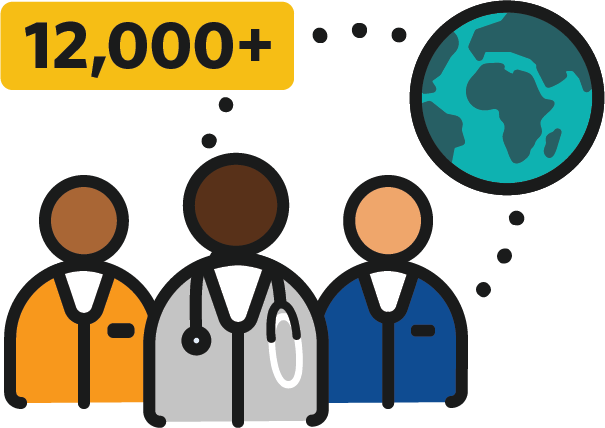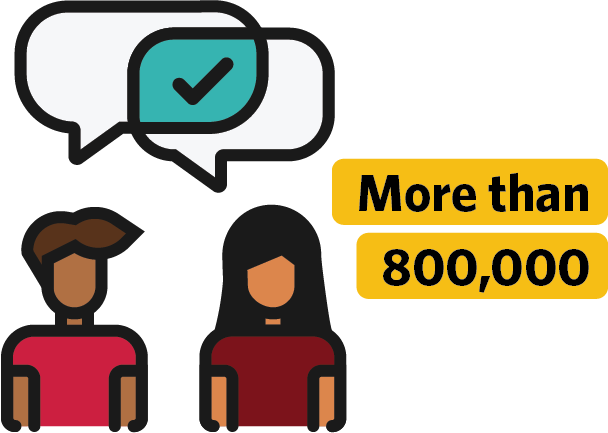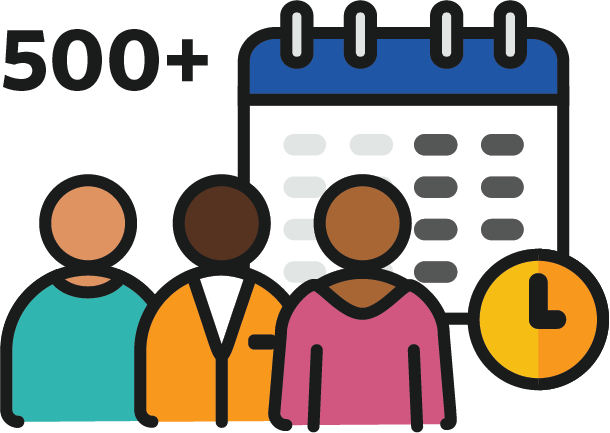
Community Health Workers
At PIH, we define accompaniment as being there, together, for as long as it takes. Community health workers are pivotal to that promise.
As PIH provides medical and social support, strengthens health systems, and accompanies vulnerable communities around the world, we turn to local residents—the people who know their communities best—for leadership and expertise.
Our community health worker program draws on the linguistic, cultural, and technical expertise of local residents, equipping them with the resources and training to drive our health programs and deepen our impact. From Haiti’s accompagnateurs to Mexico’s acompañantes, community health workers are known by different names, but have one mission: offer compassionate care to those who need it most.
Our Impact

More than 12,000 CHWs supported worldwide.

CHWs provide more than 800,000 home visits to patients and their families every year.

In Mexico, CHWs provide more than 500 home visits each month.
Our Community-Driven Approach
People living in poverty face significant challenges accessing health care, including the high cost of treatment and transportation, the time required to travel to the nearest health facilities, and the stigma associated with disease. Tackling these challenges requires more than a stand-alone intervention—it calls for deep, lasting accompaniment of communities.
For nearly three decades, PIH has hired and trained community health workers to help patients faced with these challenges receive care. Our program, which grew out of our work in Haiti, now supports has more than 12,000 community health workers around the world.
Living in the communities where they work, community health workers are trusted neighbors, helping them gain access to patients’ homes and provide high-quality health services in a culturally and linguistically relevant way. These services address a range of physical and mental health conditions. A community health worker may visit a patient beginning treatment for tuberculosis to ensure the patient takes medications regularly and correctly. For people living with HIV or other chronic diseases, community health workers’ support is especially crucial, helping them live longer and healthier lives. In Mexico, community health workers specialize in areas such as mental health, delivering a psychological intervention for people with common mental health conditions with mentorship from a psychologist.
In additional to medical support, community health workers make sure patients have the social support – such as food, housing, and safe water – vital to recovering and staying well. Community health workers lead education campaigns on topics such as mental health, sexually transmitted diseases, and palliative care, and empower community members to take charge of their own health.
Our community-driven approach to health care has a measurable impact on the health of patients and communities. A study of PIH’s HIV treatment efforts in Rwanda found that our patients – supported by community health workers – were more likely to remain in care and less likely to die when compared with patients at other facilities.
Everywhere around the world, our community health workers are making high-quality health care accessible to thousands of people every day.